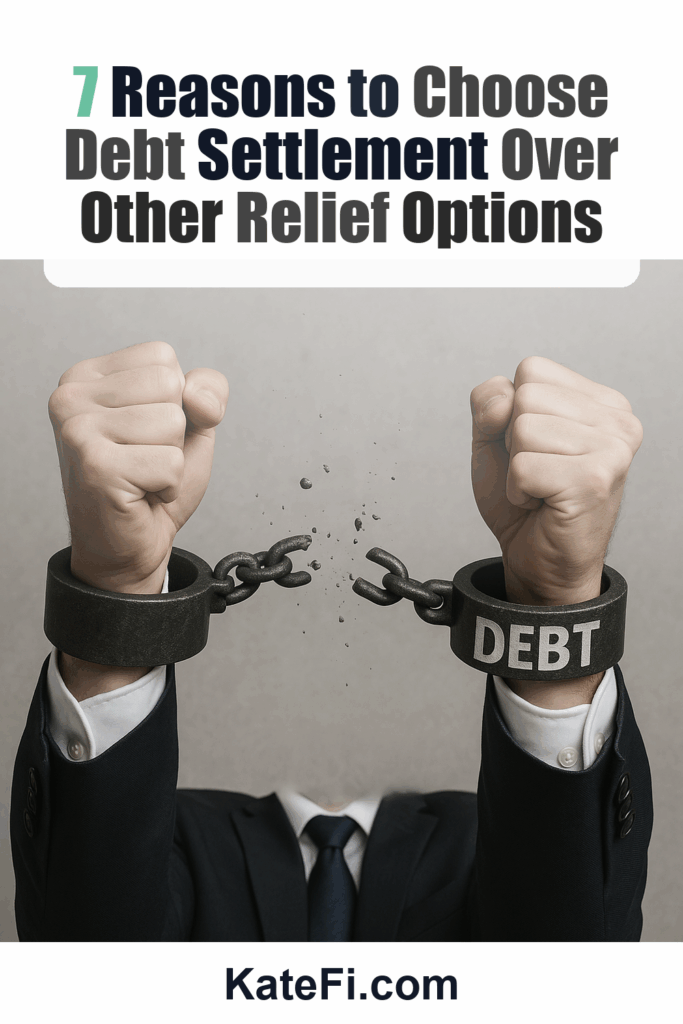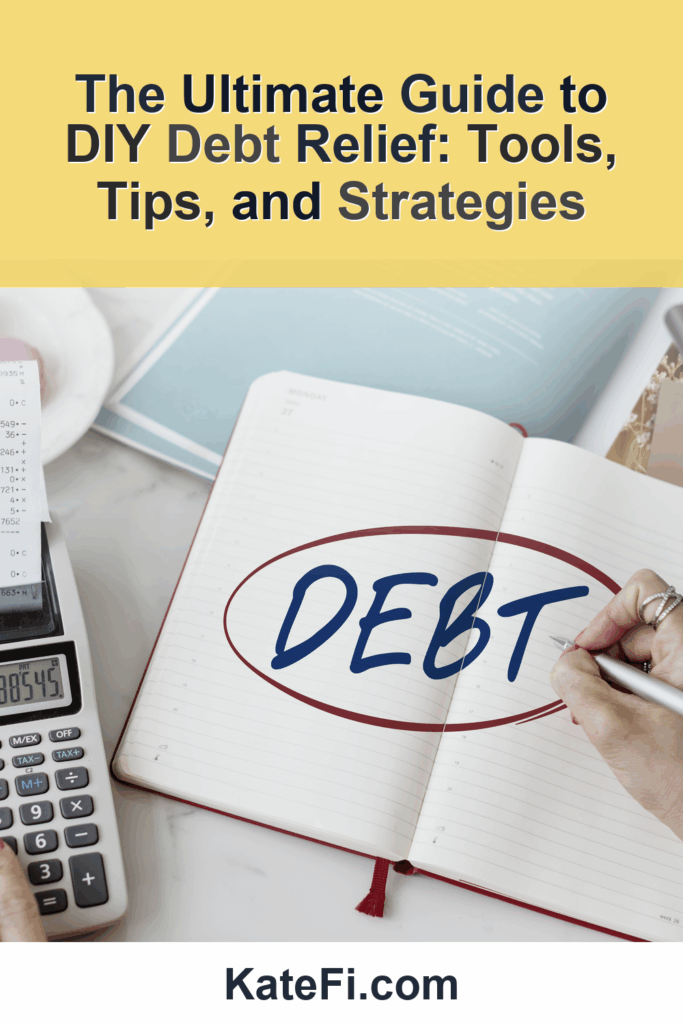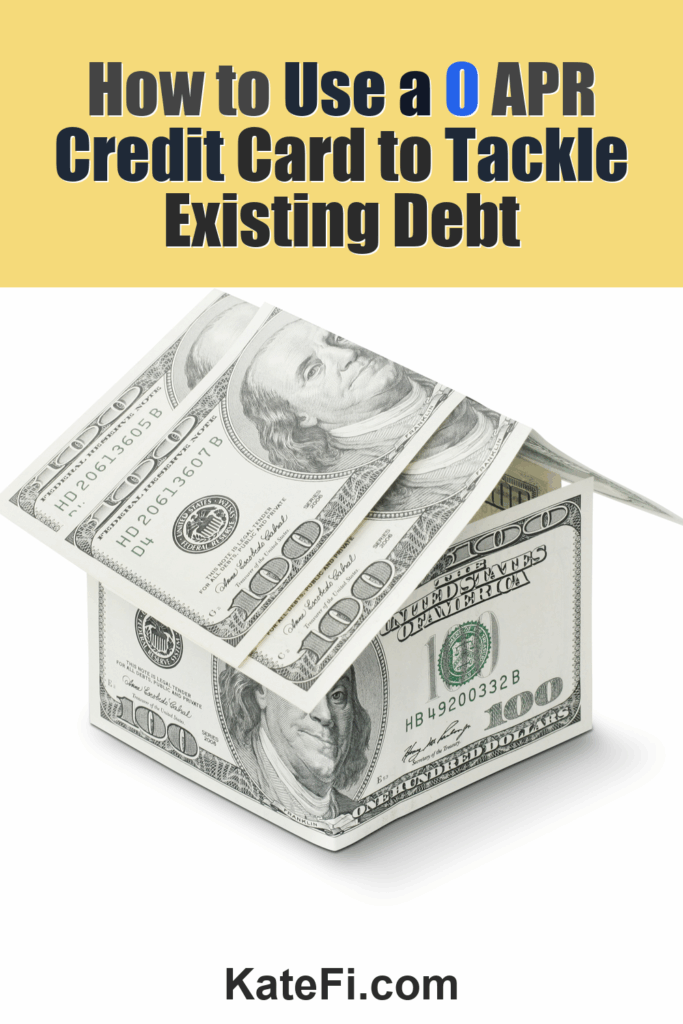Understanding the Role of Negotiation in Debt Settlement
Managing debt can feel like an uphill battle. If you’re overwhelmed with financial obligations, you’re not alone. However, one of the most effective strategies for regaining control over your finances is negotiation, especially when it comes to debt settlement. By understanding the negotiation process, you can not only reduce your debt but also empower yourself through small, achievable wins along the way.
Love our content? Show your support by following us — pretty please!🥺
FOLLOW ON PINTEREST
Hi! I’m Kate, the face behind KateFi.com—a blog all about making life easier and more affordable.
In this guide, we’ll explore nine key elements of negotiation in debt settlement and highlight how side-income micro-wins can accelerate your payoff journey. Plus, we’ll recommend getting a free consultation to review your options.
1. Understand Your Debt Situation
👉 Start Your Free Debt Relief Review
Not available in IL, KS, OR, TN, UT, WV.
Before diving into negotiation, it’s crucial to have a complete understanding of your current financial situation. List all your debts, including the creditor names, amounts owed, interest rates, and due dates. This knowledge forms the foundation for any negotiation strategy you implement.
Checklist: Gather these documents for a faster review:
- Recent credit report
- Monthly statements from creditors
- Pay stubs or proof of income
- Any communication you’ve had with creditors
Once you have this information, you can identify which debts to negotiate first. Prioritizing high-interest debts can lead to significant savings.
2. Set a Realistic Budget
Budgeting is essential when negotiating debts. Take a close look at your monthly expenses and income. Identify areas where you can cut back and allocate those funds toward your debt repayments. This will not only help you negotiate more effectively but also ensure that you can meet any new payment agreements.
A simple monthly budget template can help you track your income and expenses, highlighting potential micro-wins. These could be as small as canceling an unused subscription or reducing dining out. Every little bit adds up!
3. Initiate Communication with Creditors
What You’ll Learn on the Call
- Estimated timeline and monthly payment range
- How credit may be affected in the short term
- What documents to gather to move faster
Not available in IL, KS, OR, TN, UT, WV.
Once you’re informed and have set a budget, the next step is to reach out to your creditors. Most are willing to negotiate payment plans, especially if they see you’re making an effort. Here’s a simple script to get you started:
Negotiation Script:
“Hello [Creditor’s Name], my name is [Your Name]. I’m currently facing some financial difficulties and would like to discuss possible options for lowering my payments. I want to meet my obligations and believe we can come to a mutually beneficial agreement.”
Feel free to adjust the script to match your style, but keep it respectful and assertive.
4. Understand the Art of Offer and Counteroffer
Negotiation is often about making offers and counteroffers. Start by proposing a payment amount that is less than what you owe, as this gives you room to negotiate. For example, if you owe $5,000, you might start with an offer of $2,500.
Here’s a quick comparison table to understand the impact of offers on potential savings:
| Original Debt | Offer Made | Potential Savings |
|---|---|---|
| $5,000 | $2,500 | $2,500 |
| $10,000 | $4,500 | $5,500 |
| $20,000 | $10,000 | $10,000 |
Keep in mind that the final settlement amount will depend on various factors, including the creditor’s policies and your current financial situation.
5. Document Everything
As you negotiate, keep thorough records of all communications with creditors. Save emails, take notes during phone calls, and follow up in writing. This documentation will serve as proof of any agreements made and can be critical in the event of any disputes later on.
Tip: Create a folder (physical or digital) specifically for your debt negotiations to keep all documents organized.
6. Consider Professional Help
If negotiations feel overwhelming, it might be time to consider professional debt relief services. Working with experienced negotiators can lead to better outcomes, as they are familiar with the industry standards and strategies. They can also manage communications on your behalf, reducing the stress on your shoulders.
For personalized advice, consider getting a free consultation to explore your options.
✅ See If You Qualify for Debt Relief
7. Leverage Side-Income Micro-Wins
While you’re negotiating and implementing your budget, look for side-income opportunities that can provide additional cash flow. These micro-wins can significantly accelerate your debt repayment efforts. Consider options like:
- Freelancing your skills
- Selling unused items online
- Participating in gig economy jobs (rideshare, food delivery)
- Offering services (pet sitting, house cleaning)
By using these extra earnings to make larger payments, you’ll speed up the process of getting debt-free.
8. Monitor Your Credit Impact
It’s essential to understand how debt settlement and negotiations may affect your credit score. When you settle a debt for less than the full amount, it might impact your credit score negatively. However, in the long term, reducing overall debt can improve your creditworthiness.
Keep a close eye on your credit report, and consider using services that offer free credit score tracking. If you notice any inaccuracies due to your negotiations, don’t hesitate to dispute them.
Credit Impact Overview:
| Credit Activity | Immediate Impact | Long-Term Impact |
|---|---|---|
| Debt Settlement | Negative | Positive (with time) |
| Late Payments | Negative | Negative |
| On-Time Payments | Positive | Positive |
In the end, the goal is to lower your debt and improve your overall financial health.
9. Celebrate Your Achievements
Finally, don’t forget to celebrate your micro-wins! Every payment you make and every negotiation you succeed in is a step towards financial freedom. Whether you treat yourself to a small reward or simply take a moment to acknowledge your progress, celebrating your achievements will keep you motivated.
Remember, debt relief is a journey, not a race. By focusing on the small victories and employing effective negotiation strategies, you’ll build the momentum needed to conquer your debt.
✅ See If You Qualify for Debt Relief
Important: This content is for education only—not legal, tax, or financial advice. Results and eligible programs vary by situation and state. Fees apply if you enroll and complete a program. Debt relief can affect credit; missed payments may lead to collections/lawsuits. Not available in IL, KS, OR, TN, UT, WV.
By integrating these negotiation strategies and celebrating your side-income micro-wins, you can effectively manage your debt and achieve financial relief. For more personalized support, consider getting a free consultation to explore the best options for your unique situation. Together, let’s pave the way to a debt-free future!






















